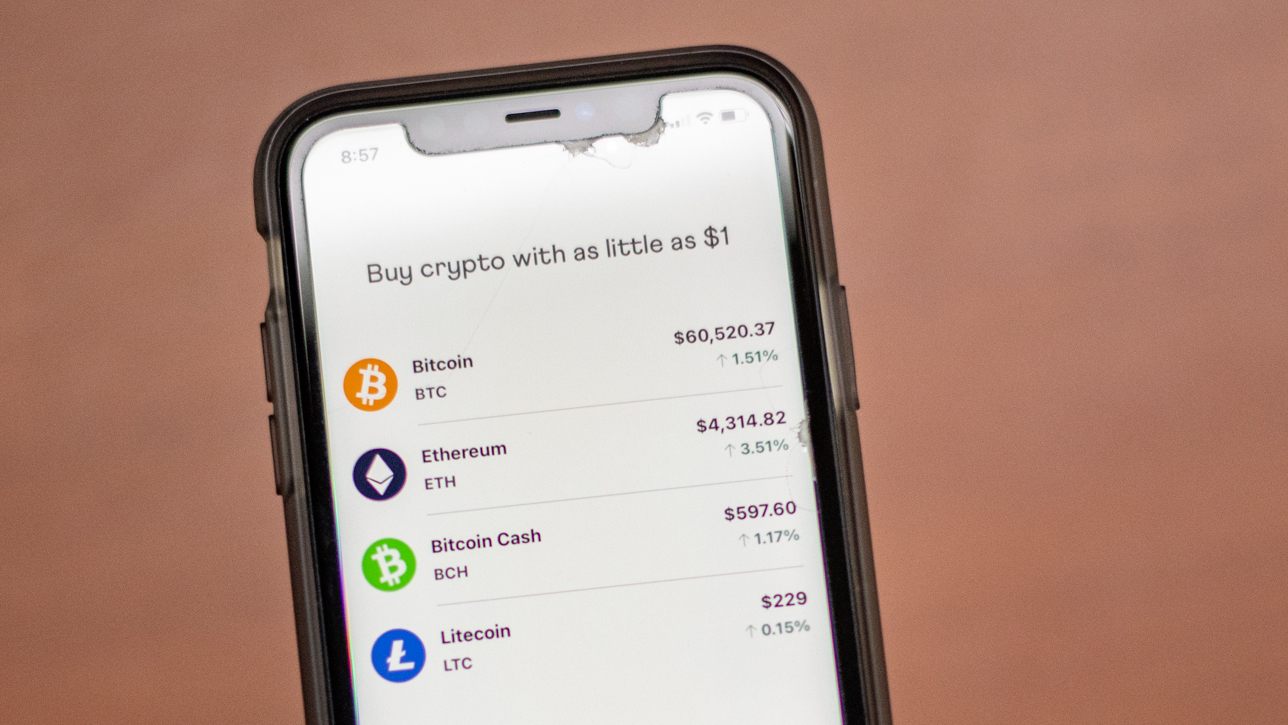In all-lowercase text language, McDonald’s announced its new nonfungible token — commonly known as NFT — sweepstakes. The fast-food giant tweeted a gif of a floating gold card with a picture of the McRib. There are only 10 in existence and any adult in the country can enter to win one.
While very Twitter-esque of McDonald’s to unveil an NFT, this is not the company’s debut into cryptocurrency. Other companies across the world are slowly starting to embrace cryptocurrency as a valid form of payment for their goods, which vastly widens who’s able to purchase their products. As brands try to bounce back from the loss of revenue due to the COVID-19 pandemic and always stay one step ahead of competition, cryptocurrency seeps into the mainstream.
McDonald’s accepts Bitcoin as payment in El Salvador. A Bitcoin payment processor based in California also has a partnership with McDonald’s to start accepting Bitcoin, according to OpenNode. Clothing retailer PacSun started taking multiple forms of cryptocurrency via BitPay this year. California Apparel News reported the company is the first “fashion-and-retail space to accept cryptocurrency.”
[Metaverse is coming, and it’s straight out of a sci-fi novel]
Slowly, alternative payment methods are integrating into various industries as society moves toward being completely online. With cryptocurrencies becoming less of a niche hobby and more of legitimate tender, it’s not shocking to see brands hop onto the craze as a way to add to their profit margins.
PacSun’s decision might influence other fashion brands to accept cryptocurrency in order to keep up with their competition, or at least open the net of potential customers they can target. Microsoft, Whole Foods, Home Depot, Etsy, Starbucks and PayPal all accept cryptocurrencies.
Investopedia reported that paying with cryptocurrency has fewer transaction fees than other merchants, which can be a bonus for businesses to accept alternative forms of payment. Additionally, unbanked individuals can use cryptocurrency payments, which can be a largely overlooked part of this country’s population.
Approximately 7.1 million people are unbanked in the U.S., which is a considerable chunk of the consumer market. With major companies such as PayPal and Starbucks accepting cryptocurrency, someone with a smartphone and internet access would be able to invest and use it as a payment method.
[Amazon’s latest hair salon highlights its ability to create in-store experiences]
This advancement would give these individuals more chances to participate in e-commerce shopping experiences in addition to in-person ones, especially in a society that is vastly moving away from cash. The fear of using cash still lingers around businesses as COVID-19 continues to spread and paying with cryptocurrency is also more private because it doesn’t need third-party verification. This also lessens the chance of data breaches.
However, a barrier to entry is an individual needing private and modern technology. While one could access a cryptocurrency exchange using public technology, it would not be the most secure option.
While credit and debit cards aren’t going anywhere (for now), this new venture into cryptocurrency opens up new opportunities in the market for different groups of people. Companies accepting cryptocurrency benefits both the merchant and customer for safer transactions, in addition to giving another option to unbanked people.



